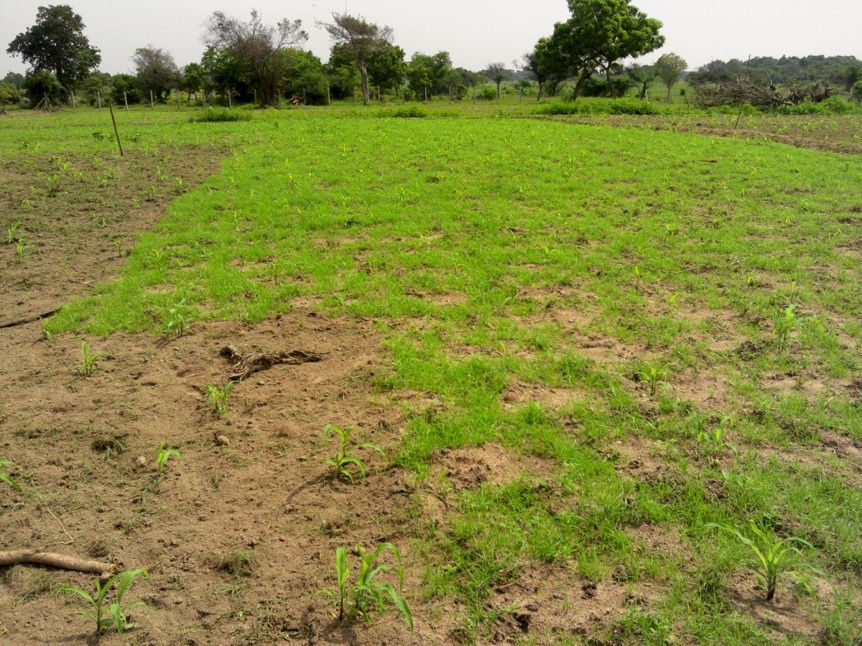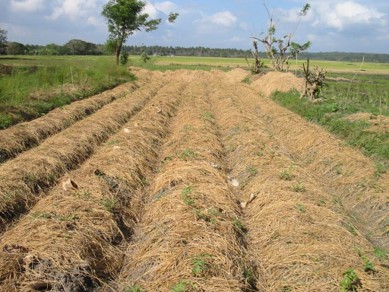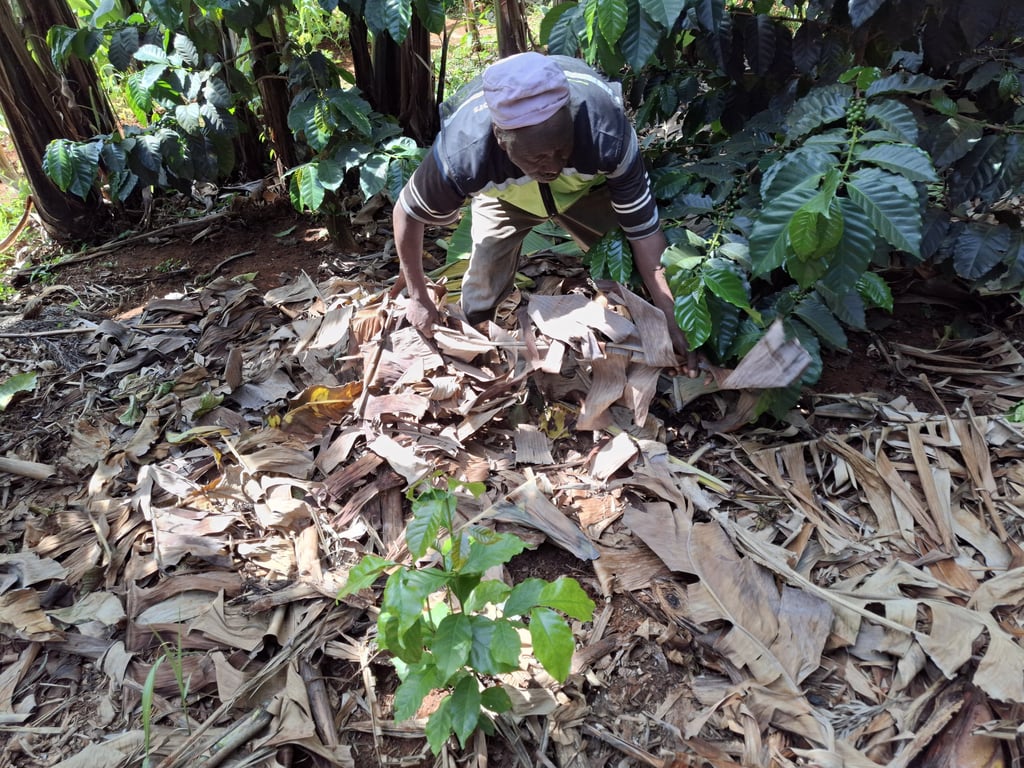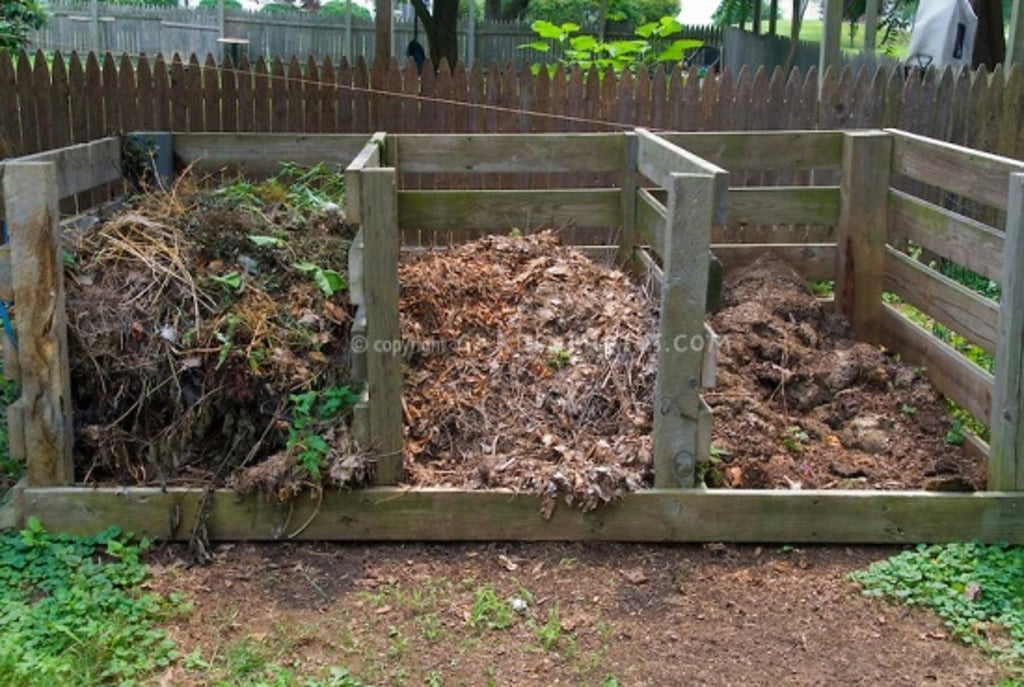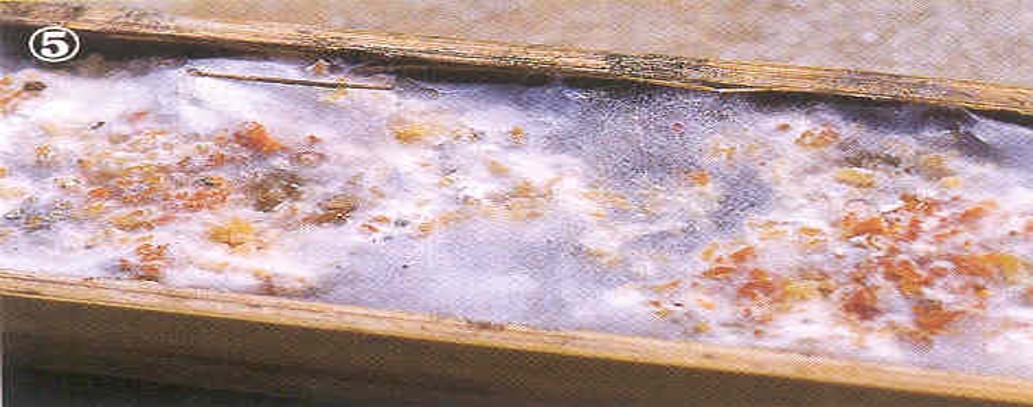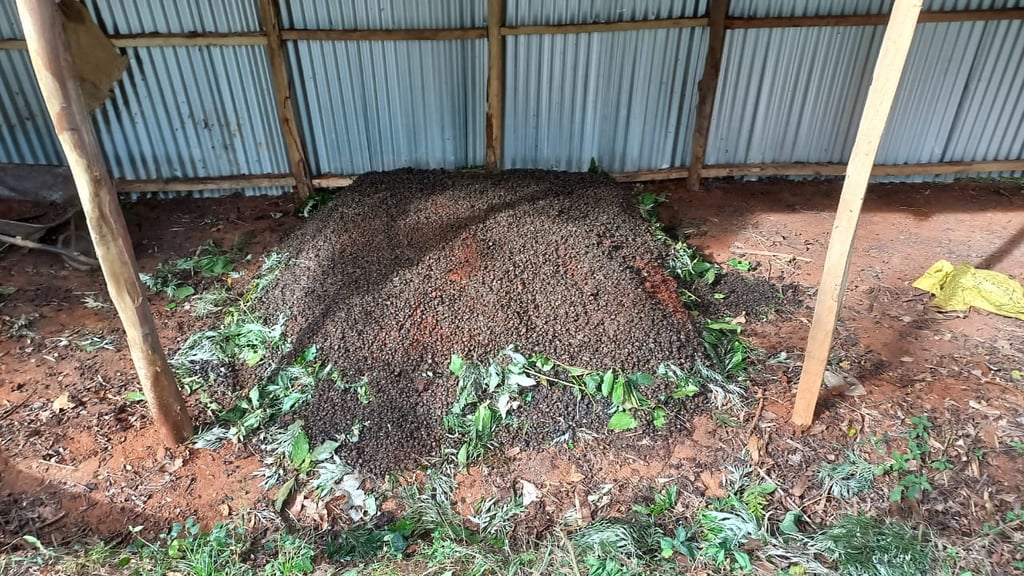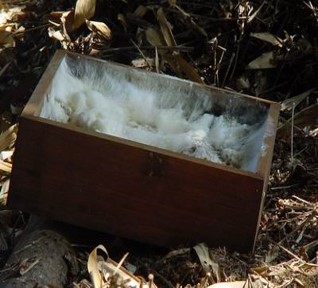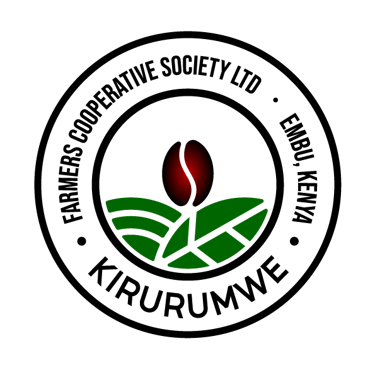Understanding the Principles of Korean Natural Farming: A Sustainable Approach
ECOFRIENDLY FARMING
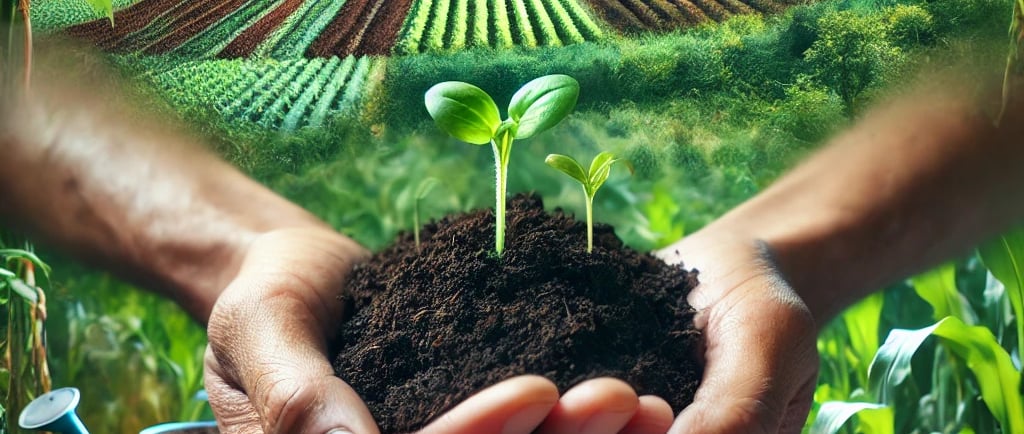

Introduction to Principles of Korean Natural Farming
Korean Natural Farming (KNF) emphasizes sustainable agricultural practices that harmonize with nature. It reduces reliance on chemical fertilizers, enhances soil health, and encourages biodiversity, leading to healthier crops and improved yields. For coffee farmers, KNF provides practical and sustainable methods to maintain soil fertility and ensure robust plant growth. Among its core principles are zero tillage, mulching, composting, and the use of indigenous microorganisms (IMOs). Each of these practices plays a crucial role in enhancing soil health, increasing productivity, and protecting the environment.
Here, we explore four key principles of KNF: zero tillage, mulching, composting, and the use of indigenous microorganisms (IMOs).
a) Zero Tillage
Zero tillage refers to sowing seeds directly into undisturbed soil without plowing or turning it. This practice is essential for maintaining soil health and is a key principle of Korean Natural Farming. By avoiding tilling, farmers preserve the intricate network of microorganisms and plant roots, which contributes to soil fertility and ecosystem balance.
Benefits of Zero Tillage:
Preserves Soil Structure: The natural network between microorganisms and plant roots remains intact, supporting healthy plant interactions.
Minimizes Soil Erosion: Without mechanical disturbance, soil particles stay in place, reducing erosion from wind and water.
Enhances Moisture Retention: Undisturbed soil holds water more effectively, decreasing the need for frequent irrigation.
Protects Microorganisms: Beneficial microbes are shielded from harsh environmental conditions such as heavy rainfall and direct sunlight.
Reduces Carbon Emissions: Eliminating mechanical plowing lowers fuel consumption and carbon release, promoting environmental sustainability.
For coffee farmers, zero tillage strengthens the root system of coffee stems, improving nutrient uptake, stability, and resistance to diseases. This sustainable method not only conserves the soil but also enhances long-term farm productivity.
b) Mulching
Mulching is the practice of covering the soil with organic materials, such as dried leaves, coffee husks, straw, or grass clippings, up to a depth of five centimeters. This method mimics natural forest floors and plays a crucial role in soil conservation and plant health.
Importance of Mulching:
Regulates Soil Temperature: Provides insulation, keeping the soil cooler in hot weather and warmer in cooler seasons.
Prevents Moisture Loss: Reduces evaporation, ensuring consistent soil moisture levels for plant growth.
Suppresses Weed Growth: A thick mulch layer inhibits weed germination and reduces competition for nutrients hence plants will have more nutrients to absorb without competition.
Enhances Soil Fertility: As mulch decomposes, it enriches the soil with organic matter, improving structure and nutrient availability for the plants.
Protects Soil from Erosion: Shields the soil from direct rain impact, preventing erosion and nutrient loss.
Supports Microorganisms & Earthworms: Provides shelter and food for beneficial soil organisms, promoting biodiversity.
Reduces Farming Costs: Minimizes the need for chemical herbicides, lowering production expenses since the mulch suppresses weed growth and there won't be need of using the herbicides.
For coffee farmers, mulching supports healthy root development, reduces water stress, and promotes strong plant growth. Additionally, cutting weeds instead of uprooting them helps create green mulch, reinforcing soil protection while maintaining a sustainable farming approach. In essence, mulching supports soil health and enhances biodiversity, reinforcing its importance in Korean Natural Farming.
c) Composting
Composting is the process of recycling organic waste into nutrient-rich soil amendments. Can also be recognized as a group of microorganisms. It utilizes farm residues such as coffee pulp, vegetable scraps, manure, and plant material.
Benefits of Composting:
Improves Soil Fertility: Provides essential nutrients that enhance plant growth and coffee bean quality.
Enhances Microbial Activity: Encourages beneficial microorganisms that help break down organic matter and improve soil health.
Reduces Dependency on Chemical Fertilizers: A natural alternative to synthetic inputs, promoting sustainable farming.
Minimizes Waste: Converts farm waste into valuable resources instead of allowing it to accumulate.
Enhances Soil Structure: Compost improves aeration, drainage, and root penetration in the soil.
Applying compost around coffee plants improves soil organic matter, leading to healthier coffee stems and increased yields.
d) Indigenous Microorganisms (IMOs)
Indigenous Microorganisms (IMOs) refer to beneficial bacteria and fungi that exist naturally in the soil. KNF promotes the collection and cultivation of these microbes to enhance soil health and plant growth.
Role of IMOs in Farming:
Improve Soil Fertility: Facilitate nutrient cycling, making nutrients more available to coffee plants.
Enhance Plant Immunity: IMOs help suppress harmful pathogens, reducing the need for pesticides.
Boost Decomposition: Break down organic matter efficiently, increasing nutrient absorption.
Promote Root Health: Create a symbiotic relationship with coffee roots, improving nutrient uptake.
Farmers can collect IMOs from local forests using rice or starch-based substrates and introduce them to their farms to enhance soil microbial diversity.
Conclusion
By adopting these KNF principles—zero tillage, mulching, composting, and the use of indigenous microorganisms—coffee farmers can enhance soil fertility, improve coffee plant health, and promote sustainability. These natural farming techniques align with eco-friendly agricultural practices, ensuring long-term benefits for both farmers and the environment. Implementing KNF will not only result in higher coffee yields but also contribute to soil conservation and climate resilience.
Embrace natural farming methods today for a healthier farm and a sustainable future!
🌿 Stay Tuned for Our Next Blog! 🌿
In our next blog, we will dive deeper into composting techniques and how to collect and cultivate indigenous microorganisms (IMOs)—essential practices in Korean Natural Farming. These methods will help improve soil fertility naturally while reducing reliance on chemical inputs.
Make sure to check out our next post, where we’ll provide detailed, step-by-step guidance on making compost and harnessing the power of beneficial microorganisms to enrich your farm’s ecosystem.
Don’t miss it! 👨🌾🌱
